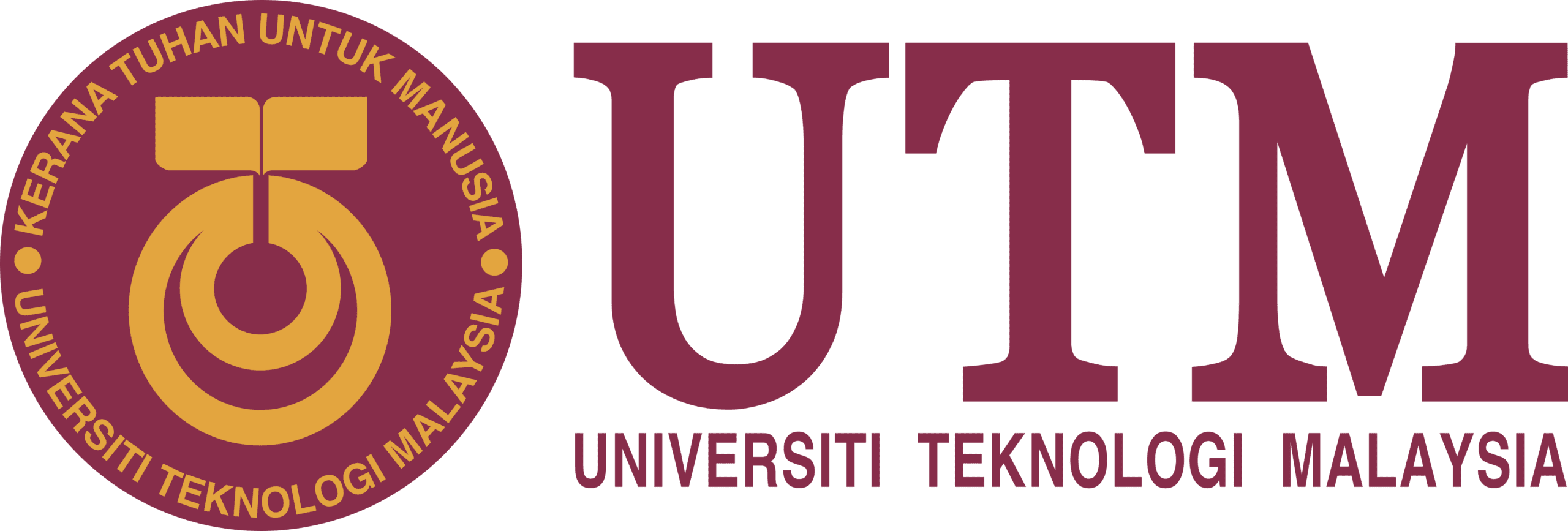
Welcome to EGDP 2026 | Kuala Lumpur, Malaysia | May 8-10, 2026
2026 International Conference on Earthquake and Geological Disaster Prevention (EGDP 2026)
Countdown to the meeting:
About EGDP 2026
Theme: Advancing Science and Innovation for Safer Communities
It is with great pleasure that we invite you to the 2026 International Conference on Earthquake and Geological Disaster Prevention (EGDP 2026), to be held in Kuala Lumpur, Malaysia, from May 8-10, 2026.
In an era of growing urbanization and environmental challenges, the risks associated with earthquakes and geological disasters are ever-present, impacting lives, infrastructure, and entire communities. EGDP 2026 will serve as a dynamic platform for researchers, engineers, policymakers, and practitioners to address these urgent challenges through scientific advancement and practical innovation. With the theme “Advancing Science and Innovation for Safer Communities”, the conference aims to foster dialogue on the latest research, technological progress, and best practices in disaster prevention, risk assessment, early warning, and recovery.
EGDP 2026 presents a unique opportunity to connect with leading experts, thought leaders, and professionals from around the world. Together, we will explore breakthrough ideas, share real-world experiences, and collaborate on innovative approaches that will drive progress in earthquake and geological disaster prevention. By creating an environment for the exchange of knowledge, interdisciplinary cooperation, and forward-looking solutions, we hope to contribute to building safer and more resilient societies.
Your engagement and insights will be key to the success of EGDP 2026, and we look forward to your participation in shaping the future of disaster prevention.
Important Dates
Submission Date
March 3, 2026
Notification Date
April 8, 2026
Registration Date
April 22, 2026
Conference Date
May 8-10, 2026
☛ CFP
☛ Submission
☛ Publication
Call For Papers
The topics of interest for submission include, but are not limited to:

◕ Earthquake Science and Engineering
Seismology and earthquake mechanisms
Earthquake hazard analysis and risk assessment
Strong ground motion modeling and prediction
Structural dynamics and earthquake-resistant design
Seismic monitoring and early warning systems
Geotechnical engineering in seismic zones
Retrofitting and strengthening of buildings and infrastructure
Seismic isolation and vibration control technologies
Post-earthquake damage assessment and recovery

◕ Geological Disaster Prevention and Mitigation
Landslides, debris flows, and slope stability
Floods, tsunamis, and other geo-hazards
Ground subsidence and earth fissures
Early warning and monitoring of geological hazards
Risk assessment and hazard mapping
Disaster simulation and scenario analysis
Innovative mitigation technologies and materials
Urban planning and resilient cities

◕ Disaster Management and Emergency Response
Disaster preparedness, response, and recovery strategies
Emergency communication systems and logistics
Community resilience and public education
Remote sensing, big data, and AI applications in disaster management
Integration of information systems for emergency response
Policy development and governance for disaster reduction
Submission
1. The submitted papers must not be under consideration elsewhere.
2. Please send the full paper(word+pdf) to Submission System.
3. Please submit the full paper, if presentation and publication are both needed.
4. Please submit the abstract only, if you just want to make presentations.
5. Templates Download.
6. Should you have any questions, or you need any materials in English, please contact us.
Publication
All accepted full papers will be published in the conference proceedings and will be submitted to EI Compendex, Scopus for indexing.
Note: All submitted articles should report original research results, experimental or theoretical, not previously published or under consideration for publication elsewhere. Articles submitted to the conference should meet these criteria. We firmly believe that ethical conduct is the most essential virtue of any academics. Hence, any act of plagiarism or other misconduct is totally unacceptable and cannot be tolerated.
Hosted By

